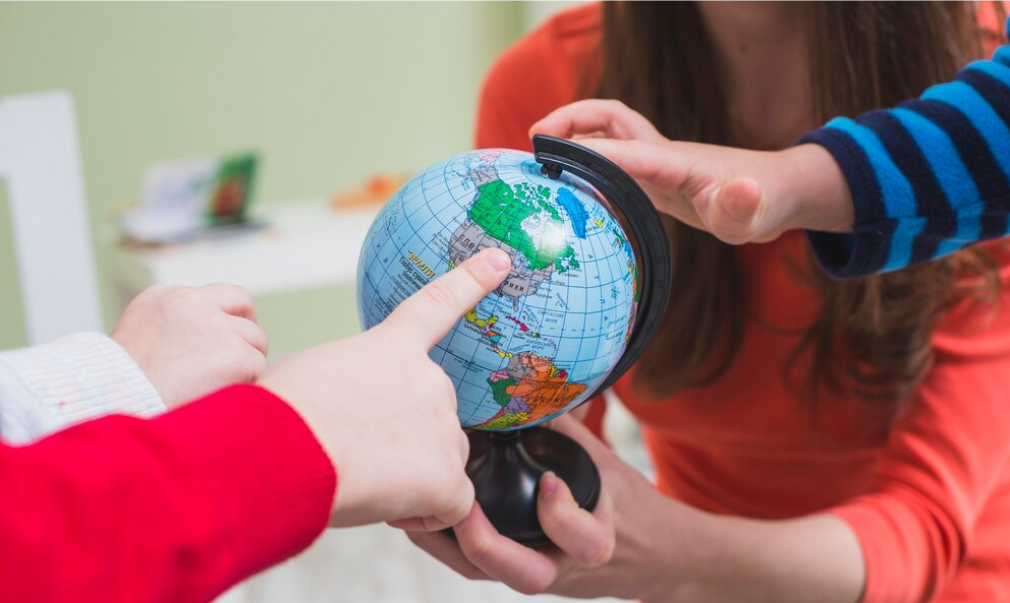Translation as a Cultural Connector: Bridging Worlds Through Language
The Power of Language in Global Communication
Language is the foundation of human connection. It allows people from different cultures to communicate, share ideas, and build relationships. Translation plays a crucial role in this process, ensuring that language barriers do not hinder progress, understanding, and cooperation across borders.
The Role of Translation in Cultural Exchange
Translation is more than just converting words from one language to another. It requires an in-depth understanding of cultural nuances, historical contexts, and social sensitivities. A skilled translator acts as a bridge, preserving the essence of a message while adapting it to resonate with the target audience.
How Translation Facilitates Global Business
In today’s global economy, businesses must communicate effectively with international clients, partners, and customers. Accurate translations of contracts, marketing materials, and product descriptions can determine the success of an international venture. A single mistranslation can lead to misunderstandings, legal issues, and even lost business opportunities.
Translation in Media and Entertainment
From literature to films, translation enables cultural exchange in entertainment. Subtitles, dubbing, and translated books allow audiences worldwide to experience foreign content. Without translation, masterpieces like classic novels, international films, and global news would remain inaccessible to a vast audience.
Translation in Diplomacy and International Relations
Effective communication is essential in diplomacy. World leaders, organizations, and governments rely on professional translators to ensure accuracy and clarity in treaties, agreements, and negotiations. Misinterpretation in diplomatic discussions can have significant consequences, making expert translation services indispensable.
The Human Touch vs. AI Translation
With advancements in artificial intelligence, automated translation tools like Google Translate have become widely used. While AI translation is useful for casual conversations, it often lacks accuracy in complex texts, cultural references, and emotional nuances. Human translators remain irreplaceable for high-quality, contextually appropriate translations.
The Future of Translation and Cultural Connectivity
As globalization continues, the demand for skilled translators will grow. The future of translation lies in combining AI efficiency with human expertise to ensure accuracy, cultural relevance, and contextual understanding. The more we invest in translation, the closer we bring the world together.


Recent Comments